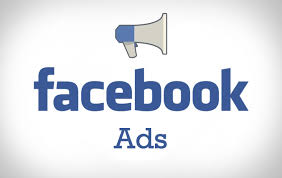 Facebook and its owner Mark Zuckerberg have long been known for a “move fast and break things” approach to business. However, as the corporation turns ten years old and its owner turns thirty in just a few weeks, it appears they are seeking to shake off that reputation as they turn to more mature means of proceeding in business. Several announcements made at the company’s F8 developer conference in San Francisco speak to a more helpful and widespread business plan, according to an article recently completed by Wired.
Facebook and its owner Mark Zuckerberg have long been known for a “move fast and break things” approach to business. However, as the corporation turns ten years old and its owner turns thirty in just a few weeks, it appears they are seeking to shake off that reputation as they turn to more mature means of proceeding in business. Several announcements made at the company’s F8 developer conference in San Francisco speak to a more helpful and widespread business plan, according to an article recently completed by Wired.
The first announcement that seemed to speak of a more matured approach was the introduction of the Facebook Audience Network, which connects Facebook’s one million advertisers with mobile apps developed by independent third parties. In essence, this network would allow Facebook to draw on the vast amount of information they have on their individual users to tailor targeted ads. This announcement shows an interest in helping other advertisers create revenue, as opposed to seeking purely Facebook’s own benefits from the situation.
In Zuckerberg’s keynote address, he acknowledged that the priority thus far has been on Facebook’s hacking division. He declared that this approach was all about Facebook and its own gains and losses. However, in the address, he announced a new wave of privacy policies for apps that connect with Facebook that would turn the priority towards users who make the most of the company’s unfinished products. Through these new policies, apps are no longer able to access information about a user’s friends, unless those friends have also allowed the app access through their own device. The policies also allow the user to control what the app shares on their Facebook in ways they haven’t been able to previously. Finally, users can now also connect to third party apps through Facebook, but anonymously. Again, all of this places the importance upon other apps, taking the focus off of sharing and including Facebook as much as is physically possible.
Finally, the company introduced what they referred to as the Web of Apps. Essentially, this provides a “Like” button for third party apps. Users can now link mobile apps like they link web pages. Once again, this places the emphasis on the third party apps, not Facebook itself.